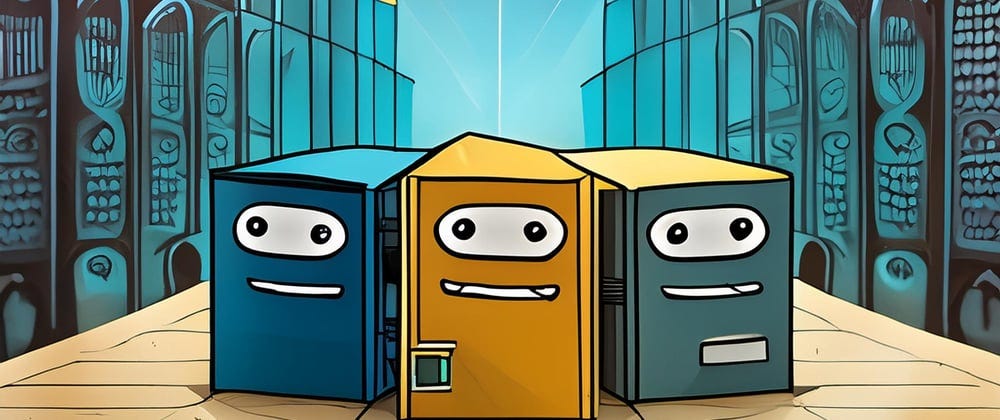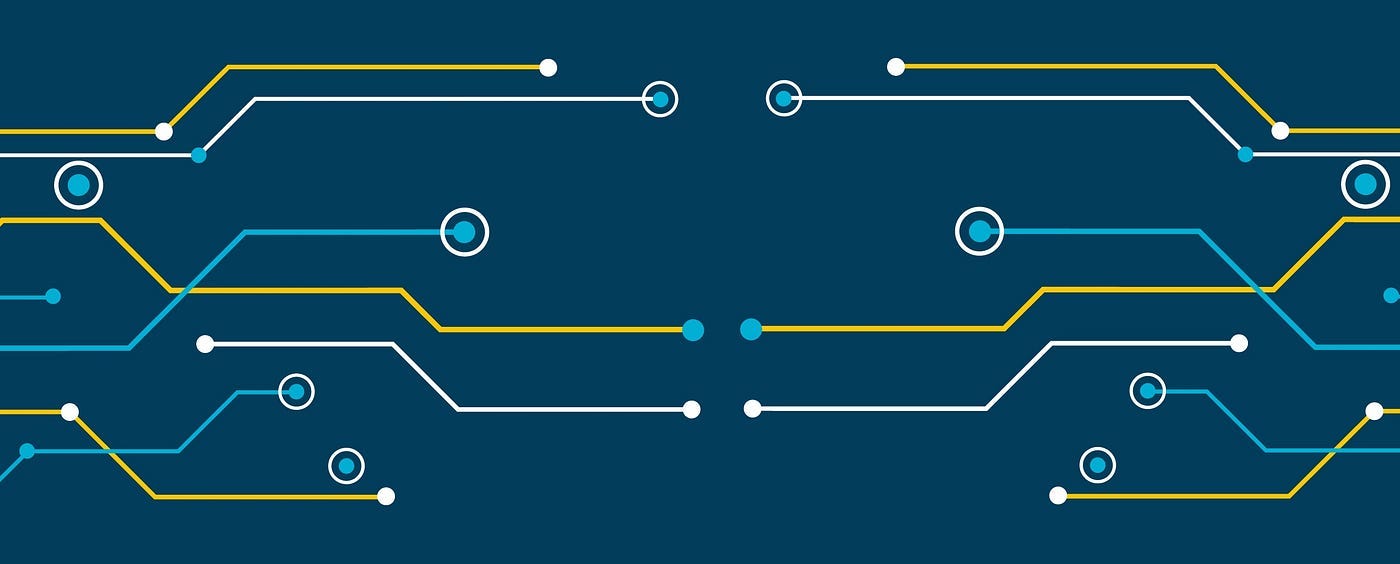🗞️ DevTips Weekly - Issue #3
Caching Strategies, Transactional Outbox pattern, Rust vs Go's concurrency model, microservices architecture and Gleam a new functional programming language
🗞️ DevTips Weekly suggests some interesting articles I have read over the past week, some of which might be posted in DevTips.
Implementing Caching Strategies: Techniques for High-Performance Web Apps
The article discusses caching strategies to boost 🌐 web app performance 🚀. It covers policies like Write Through, Write Around, and Write Behind, and strategies such as LRU, LFU, FIFO, and TTL 🕰️. The article provides practical tips on selecting the right caching approach based on application needs, helping ensure efficient data management and enhanced performance ⚡.
Building Reliable Microservices with the Transactional Outbox Pattern in Spring Boot
This article explains building reliable microservices using the Transactional Outbox pattern in Spring Boot 🛠️. It discusses setting up a MySQL server, creating orders, storing events in an outbox table, and leveraging Debezium to read transaction logs to generate Kafka events 📦. This pattern ensures data consistency and reliability in microservices by handling events and transactions seamlessly 🔄.
Rust's concurrency model vs Go's concurrency model: stackless vs stackfull coroutines
The article delves into the concurrency models of Rust and Go, comparing stackful and stackless coroutines. Rust employs stackful coroutines, giving each task its own stack, which provides robust control but at the cost of higher memory usage 🧠. Conversely, Go utilizes stackless coroutines, or goroutines, managed by the Go runtime, allowing for lightweight, efficient concurrency with dynamic stack resizing 🔄. This comparison highlights the trade-offs between control and efficiency in these two powerful languages 💻.
10 microservices design patterns for better architecture
The article outlines 10 essential design patterns for improving microservices architecture 🛠️. It covers decomposition patterns for breaking down monolithic applications, API gateway patterns for managing request routing, and database patterns to handle distributed data management 📊. The piece emphasizes using these patterns to enhance scalability, resilience, and maintainability in microservices environments 🚀.
Introduction to Gleam, a New Functional Programming Language
The article introduces Gleam 🌟, a new functional programming language designed for building scalable, concurrent systems. Gleam compiles to Erlang and JavaScript, providing seamless interoperability with other BEAM languages. The language emphasizes type safety and reliability, making it an appealing choice for developers aiming to leverage the benefits of functional programming while ensuring robust performance and maintainability in their applications 💻🚀.
🗞️ Previous issues of the DevTips Weekly
You can also support me in buying a latte ☕️ !(one time or monthly):







